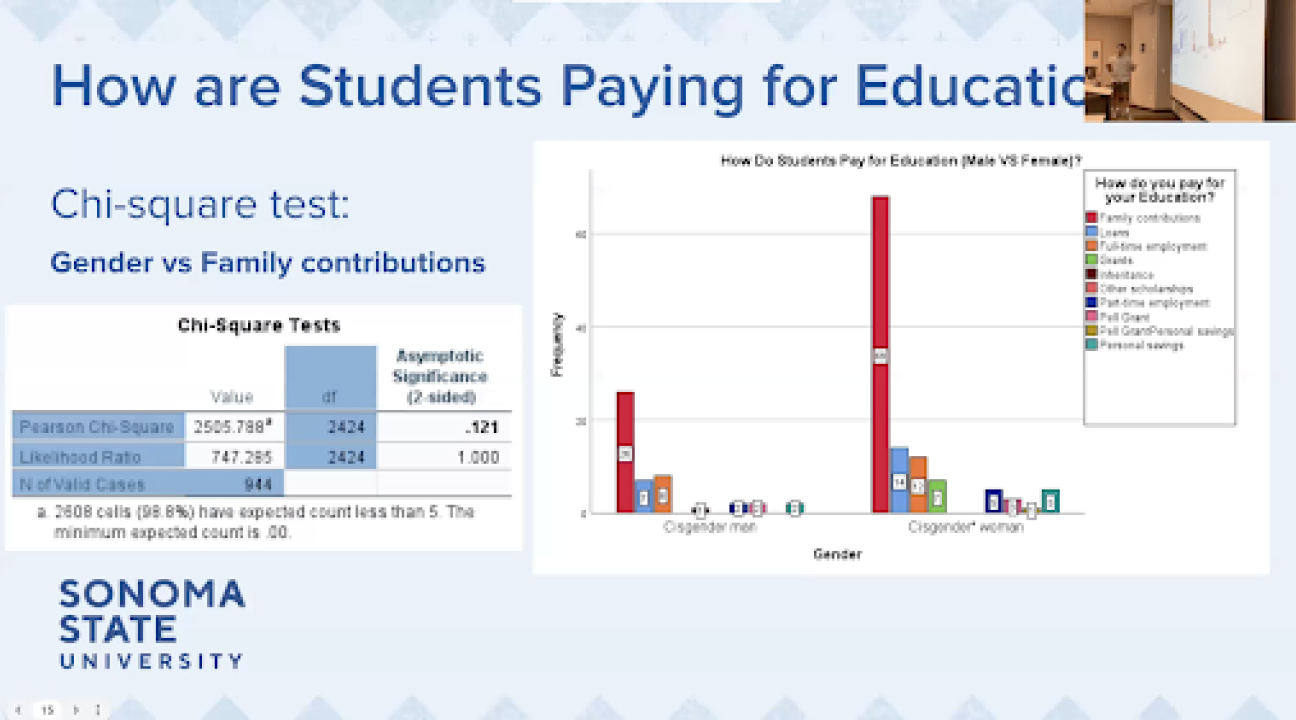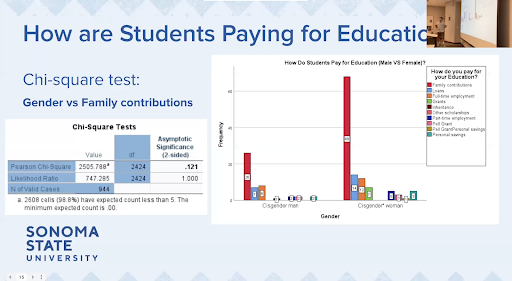Dr. Omayra Ortega Case Study
“I did not feel truly connected with the data at first. I viewed our data as just another set of numbers that didn't go farther than the task at hand. It wasn't till the math festival and science symposium that I connected the data to its bigger implications. The fact that this data was a possible key factor to those who are suffering from racist, unjust, and outdated sentencing felt like a noble cause and by then I was finally ready to present our hopefully helpful data to the world.” says a student of MATH 367/467 taught by Dr. Omayra Ortega, an associate professor of mathematics at Sonoma State University.
Ever since childhood, Dr. Ortega knew that she wanted to devote her career to service. She used to take regular beach/bay clean-up trips with her science classes. This led her to pursue more leadership roles in service, and now, she is the president and spokesperson of the National Association of Mathematics (NAM). She has also received awards for service from the Association for Women in Mathematics, and she maintains the Mathematical Epidemiology Research Group (MERP. Dr. Ortega’s titles and awards are extensive, but they hardly demonstrate the impact she leaves on her community.
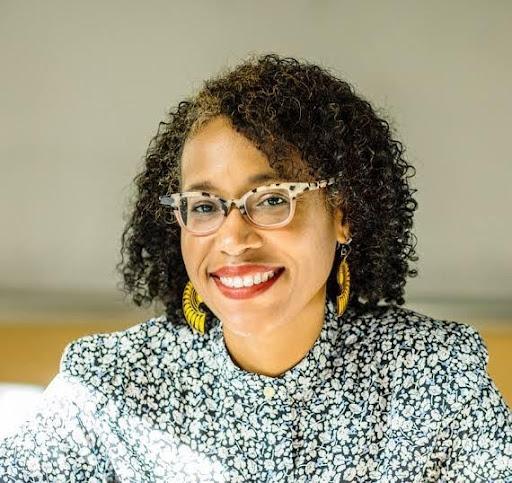
Dr. Omayra Ortega
Dr. Ortega curated a “Statistics for Social Justice” course in 2017 as a visiting professor at Pomona College, and when she started instructing at Sonoma State, she took the opportunity to teach it as a service-learning class. MATH 367/467, which previously was a statistical consulting course, now gives students real-life experience analyzing data for community partners – better yet, it’s becoming a Writing Enhanced Course (WEC) which means it fulfills the writing requirement for graduation.
“Through this course, I am able to leverage my years working as a data scientist and consultant in the healthcare industry with my commitment to the community and to my students,” Dr. Ortega says. Her students focus on social justice and equity issues while working with numerous community partners including the Bennett Valley Unified School District, Jewish Community Free Clinic, and various departments at Sonoma State University.
Dr. Ortega continues, “This semester we are using techniques from statistics to examine and identify bias in home appraisals in the US as an extension of our previous work looking at the homeless epidemic in Sonoma County.” Dr. Ortega not only supplies her students with invaluable experience for their possible future careers in statistical consulting but also provides a detailed insight into issues and disparities in the community and gives them the tools to make a difference.
Dr. Ortega’s students gain a wide breadth of skills and knowledge. One student of MATH 367/467 says the class helped them gain confidence in public speaking. “As someone who struggles with stage fright… participating in events such as the Math Festival and Science Symposium, along with the several presentations in the class, I found this very helpful… with speech and communication.”
Another student says the class challenged them, “I feel like I really grew this semester and was able to make some big leaps in my education. And while I had my struggles in this class, I do feel like I learned a lot and at the end of the day really enjoyed it.”
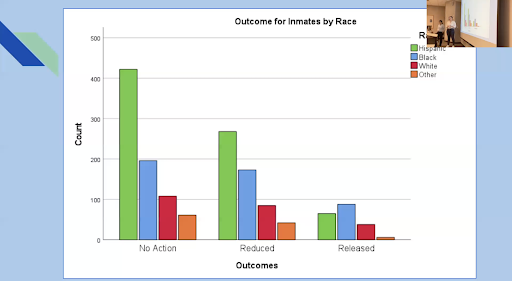
Ortega’s students share their findings on biases in prison
sentencing.
Students of MATH 367/467 end the semester with a new respect for the community that they can take beyond the classroom and into their careers. One student states “Working with community data was something I appreciated about the course. Not only did it inspire real passion when working on the project, but it was also exciting to discuss with peers, family, and friends. The ability to add the work I’ve done with data that matters to my resume is an irreplaceable opportunity.”
Dr. Ortega’s community partners have been delighted by the work of the MATH 367/467 students. The Office of Diversity, Equity, and Inclusion said they were “very pleased to receive the Campus Climate Survey analysis from Gerado Garcia, a student in Math 367/467 Statistical Consulting. The analysis was clear and provided us with data across campus demographics to help us in our efforts to close equity gaps for our students and provide a more inclusive environment for all Seawolves."
It is not hard to see that we are lucky to have Dr. Omayra Ortega teaching at our institution and serving in our community. We are so excited to see what inspiring work she does next.
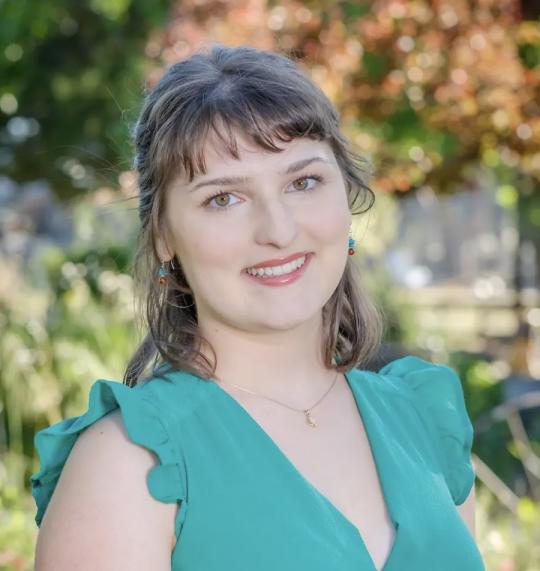
Author: Veda Dean


